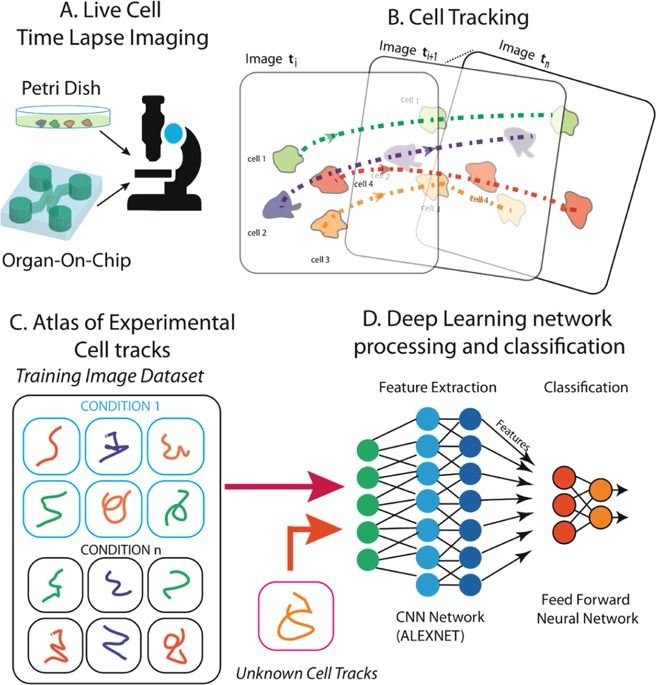Scientific Reports volume 10, Article number: 7653 (2020) Cite this article.


Dystopia is closer than you think.
This is the short closing speech I delivered at the 2019 Dark Futures meetup in Toronto. Not my finest speech but, since event organizer and futurist Nikolas Badminton kindly gave me a video of my keynote, I thought it may be good to share it publicly and gather your critical feedback. Feel free to post your comments below.
Title: NeoTechnocracy: The Future is Worse than You Think.
Aubrey De Grey and Reason from ’ Fight Aging’:
How can the current public focus on health be leveraged to promote a focus on prevention of disease, and aging as root cause for diseases?
Ole mensching, apollo ventures aubrey de grey, SENS research foundation sonia arrison, 100 plus capital reason, fightaging
Zoom Session Transcriptions: https://otter.ai/s/2brwTOXwS4qcBOe8P_1Jhw
Hivemind | long-term futures in times of acute crisis.
The US aviation industry is redefining the regulations that govern drones, which will eventually unleash even more (and likely even weirder) applications.




Indeed, the coronavirus pandemic has wreaked havoc on research around the globe, shuttering laboratories, aborting field projects, and costing scientists months—if not years—of work. Even as labs contemplate reopening—if and when federal and local governments ease lockdown restrictions—the challenges will be enormous. Most will have to operate with just a few individuals at a time, working in shifts. All large gatherings, including lab meetings and lectures, are likely to be prohibited. And there will be stark differences in strategy between fields—and sometimes even within the same building. At the same time, many institutions are still trying to figure out how and whether to test employees for SARS-CoV-2, the coronavirus causing the current pandemic, and what to do if infections resurge.
Institutions struggle with—and differ on—the best way to restart science.
When we first covered the high-power Delfast TopCop electric bicycle, the company was still pitching its bikes to various police departments around the world. Now we’re hearing some of the first feedback from actual cops who have incorporated the e-bikes into their daily service.

An international research team has identified the mechanism behind one of science’s most enduring mysteries: what makes the 100-year-old tuberculosis (TB) vaccine so effective at preventing newborn deaths from diseases other than TB?
The ability of Bacillus Calmette-Guérin (BCG)—one of the oldest, safest and cheapest vaccines available—to provide protection to newborns beyond its intended purpose of fighting off TB has been known since at least the 1940s, but until now no one has been able to explain why or show how it works.
In a new study, published today in Science Translational Medicine, researchers reveal how they identified a dramatic and rapid increase in neutrophils— white blood cells that patrol the body and destroy invading bacterial pathogens—in mice and babies within three days of BCG vaccination.